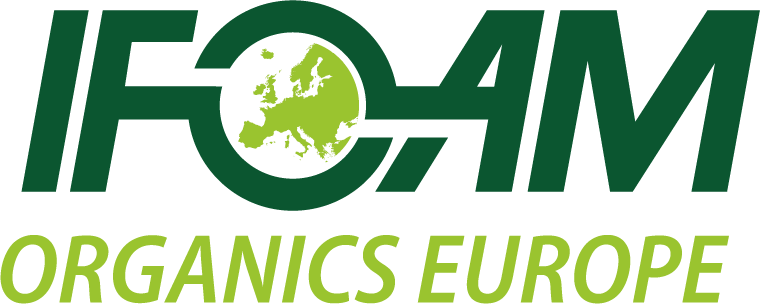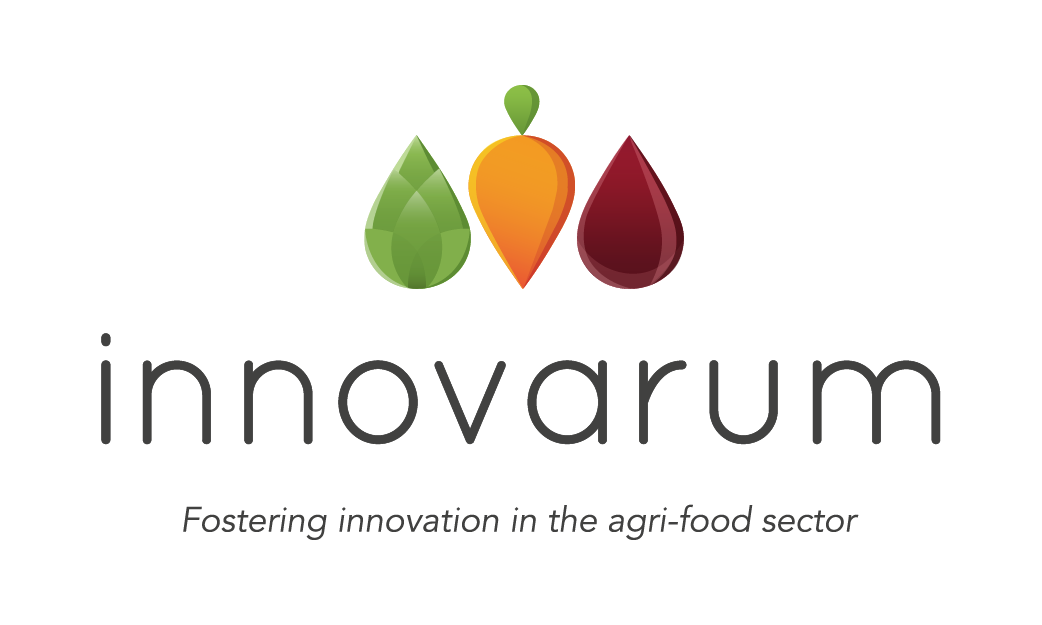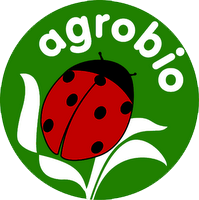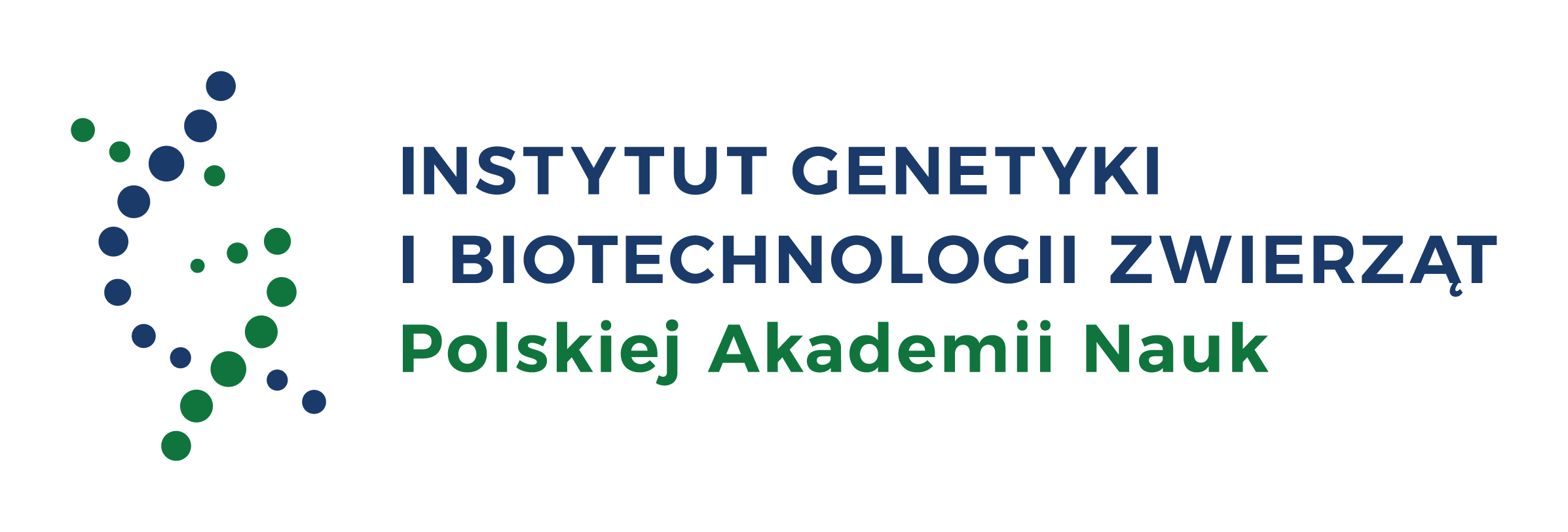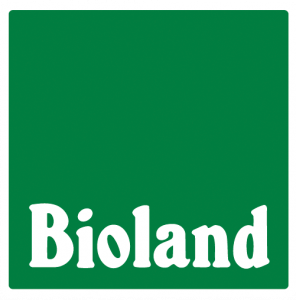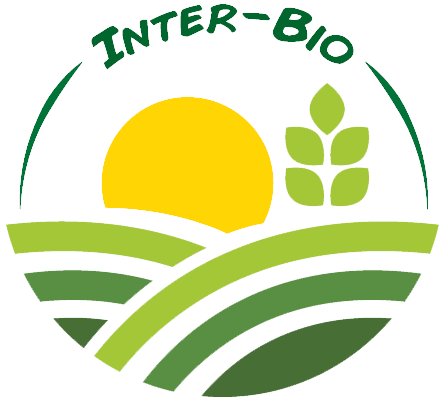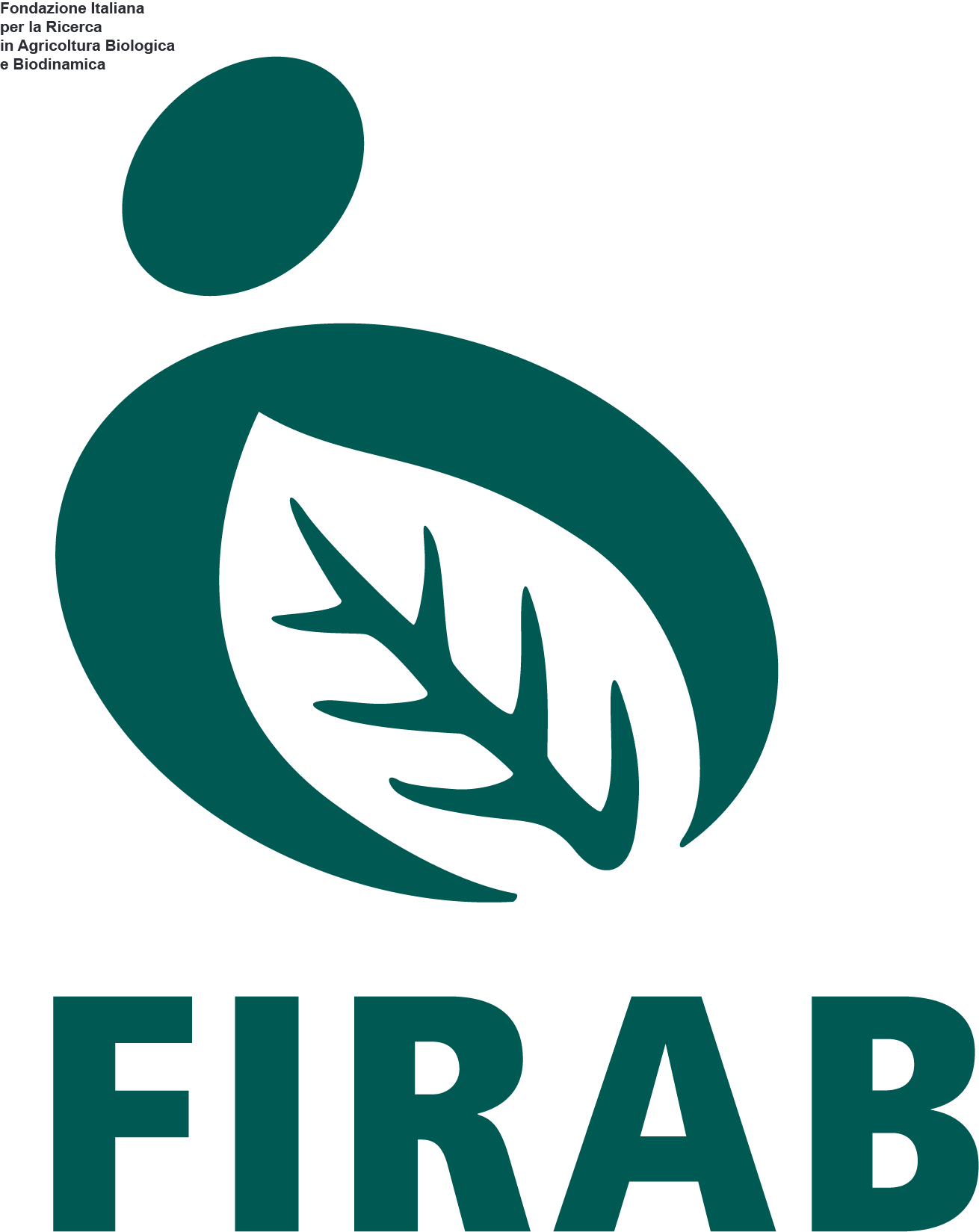
250 farms from 12 countries across Europe

Networking and Peer-to-peer learning

On-farm climate data collection and strategies
Using the power of organic farming to reach EU climate goals
The EU aims to achieve climate neutrality by 2050. In the agricultural sector, the EU sees organic farming in a key role to achieve this goal, as it promotes practices that support climate change mitigation with additional co-benefits for the environment.
The OrganicClimateNET Project acts as a model for the European organic sector to enable farmers to integrate climate farming, thereby enhancing their capacity to mitigate and adapt to climate change.

Our goal is to transform organic farming across the EU
With the goal of increasing organic farming to 25% by 2030, the EU acknowledges the pivotal role organic agriculture can play in achieving a climate-neutral Europe by 2050 and meeting other environmental targets.
However, reaching these milestones requires enhancing the capacity of organic farms to mitigate greenhouse gas emissions and enhance carbon sequestration.

OrganicClimateNET in a nutshell
Enabling farmers to integrate organic climate farming
OrganicClimateNET will establish a network involving and supporting 250 organic farms to spearhead the integration of organic climate farming. Facilitated by trained advisors, farmers will engage in dynamic peer-to-peer learning and knowledge exchanges within 24 hubs across 12 EU countries.
OrganicClimateNET in a nutshell
Climate-smart, organic solutions for sustainable farming
OrganicClimateNET aims at establishing a network of 250 organic farms. These farms will serve as pioneers, spearheading the adaptation, testing, and implementation of climate and carbon farming practices. Facilitated by trained advisors, farmers will engage in dynamic peer-to-peer learning and knowledge exchanges within 24 hubs across 12 EU countries.

Climate & organic farming: making a natural symbiosis future-fit
Organic climate farming refers to an agricultural approach that links organic farming principles with climate farming practices.
The principles of organic farming promote a healthy planet, integrating ecological systems and natural cycles in its work. This approach benefits healthy soils, promotes biodiversity, and provides other co-benefits leading to resilient farming systems.
By incorporating a particular climate perspective into these principles, organic climate farming will contribute to increasing climate resilience and supporting wider climate change mitigation activities.

Decoding the essence of organic farming
Organic climate farming refers to an agricultural approach that links organic farming principles with climate-smart agriculture.
The principles of organic farming promote a healthy planet, integrating ecological systems and natural cycles in its work. This approach benefits healthy soils, promotes biodiversity, and provides other co-benefits leading to resilient farming systems.
By incorporating a particular climate perspective into these principles, organic climate farming will contribute to increasing resilience and supporting wider climate change mitigation activities.
SIGN UP TO OUR NEWSLETTER
Be the first to know about the latest project updates
The opportunity
Stay connected
Dive deeper with our blog content
Stay connected
Dive deeper with our blog content
Keep up with us on social media
Share our content far and wide
Keep up with us on social media








